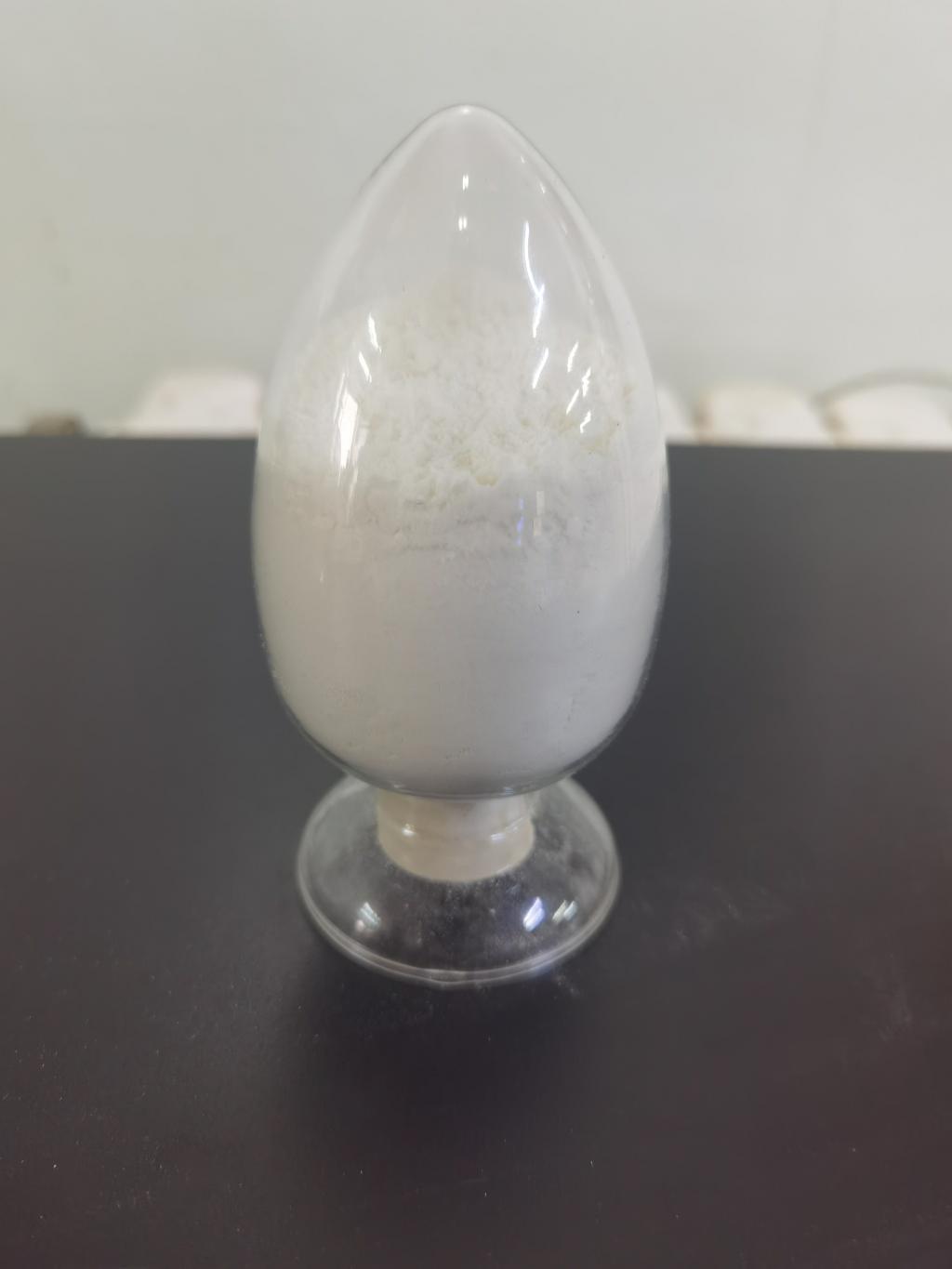Tel:+8618231198596

News
 CONTACT
CONTACT
 CONTACT
CONTACT
- Linkman:Linda Yao
- Tel: +8618231198596
- Email:linda.yao@dcpharma.cn
- Linkman:CHARLES.WANG
- Department:Overseas
- Tel: 0086 0311-85537378 0086 0311-85539701
News
What is the impact of ε-Polylysine hydrochloride on the flavor profile of food products?
TIME:2023-04-07
What is ε-Polylysine Hydrochloride?
ε-Polylysine hydrochloride (ε-PL) is a natural antimicrobial agent that is produced by microbial fermentation. It is a linear homopolymer composed of lysine monomers connected by peptide bonds. ε-PL is highly effective against a broad spectrum of microorganisms, including Gram-positive and Gram-negative bacteria, yeasts, and molds. ε-PL is approved for use as a food preservative in several countries, including Japan, China, and Korea.
Impact of ε-PL on the Flavor Profile of Food Products
One of the concerns about the use of ε-PL as a preservative is its impact on the flavor profile of food products. Several studies have investigated the impact of ε-PL on the flavor profile of various food products.
Meat Products
Meat products are highly perishable and prone to spoilage. Therefore, the use of preservatives is essential to enhance their shelf life. Several studies have investigated the impact of ε-PL on the flavor profile of meat products. A study by Li et al. (2017) investigated the impact of ε-PL on the flavor profile of cooked beef. The study found that the addition of ε-PL did not significantly affect the overall flavor profile of the beef. However, the study found that the addition of ε-PL resulted in a slightly bitter aftertaste.
Another study by Zhang et al. (2018) investigated the impact of ε-PL on the flavor profile of pork sausage. The study found that the addition of ε-PL resulted in a slightly sour and bitter taste. However, the study found that the overall flavor profile of the pork sausage was not significantly affected by the addition of ε-PL.
Dairy Products
Dairy products are also highly perishable and prone to spoilage. Therefore, the use of preservatives is essential to enhance their shelf life. Several studies have investigated the impact of ε-PL on the flavor profile of dairy products.
A study by Li et al. (2016) investigated the impact of ε-PL on the flavor profile of yogurt. The study found that the addition of ε-PL did not significantly affect the overall flavor profile of the yogurt. However, the study found that the addition of ε-PL resulted in a slightly sour taste.
Another study by Yu et al. (2018) investigated the impact of ε-PL on the flavor profile of cheese. The study found that the addition of ε-PL did not significantly affect the overall flavor profile of the cheese. However, the study found that the addition of ε-PL resulted in a slightly bitter aftertaste.
Beverages
Beverages are also highly perishable and prone to spoilage. Therefore, the use of preservatives is essential to enhance their shelf life. Several studies have investigated the impact of ε-PL on the flavor profile of beverages.
A study by Kim et al. (2019) investigated the impact of ε-PL on the flavor profile of orange juice. The study found that the addition of ε-PL did not significantly affect the overall flavor profile of the orange juice. However, the study found that the addition of ε-PL resulted in a slightly bitter aftertaste.
Another study by Zhou et al. (2019) investigated the impact of ε-PL on the flavor profile of green tea. The study found that the addition of ε-PL did not significantly affect the overall flavor profile of the green tea. However, the study found that the addition of ε-PL resulted in a slightly bitter aftertaste.
Overall, the studies suggest that the addition of ε-PL does not significantly affect the overall flavor profile of food products. However, the studies indicate that the addition of ε-PL can result in a slightly bitter or sour aftertaste, depending on the type of food product.
Conclusion
In conclusion, ε-Polylysine hydrochloride (ε-PL) is a natural antimicrobial agent that is gaining popularity as a preservative due to its effectiveness against a broad spectrum of microorganisms. One of the concerns about the use of ε-PL as a preservative is its impact on the flavor profile of food products. Several studies have investigated the impact of ε-PL on the flavor profile of various food products. The studies suggest that the addition of ε-PL does not significantly affect the overall flavor profile of food products. However, the studies indicate that the addition of ε-PL can result in a slightly bitter or sour aftertaste, depending on the type of food product. Further studies are needed to investigate the impact of ε-PL on the flavor profile of other food products.
- Tel:+8618231198596
- Whatsapp:18231198596
- Chat With Skype







